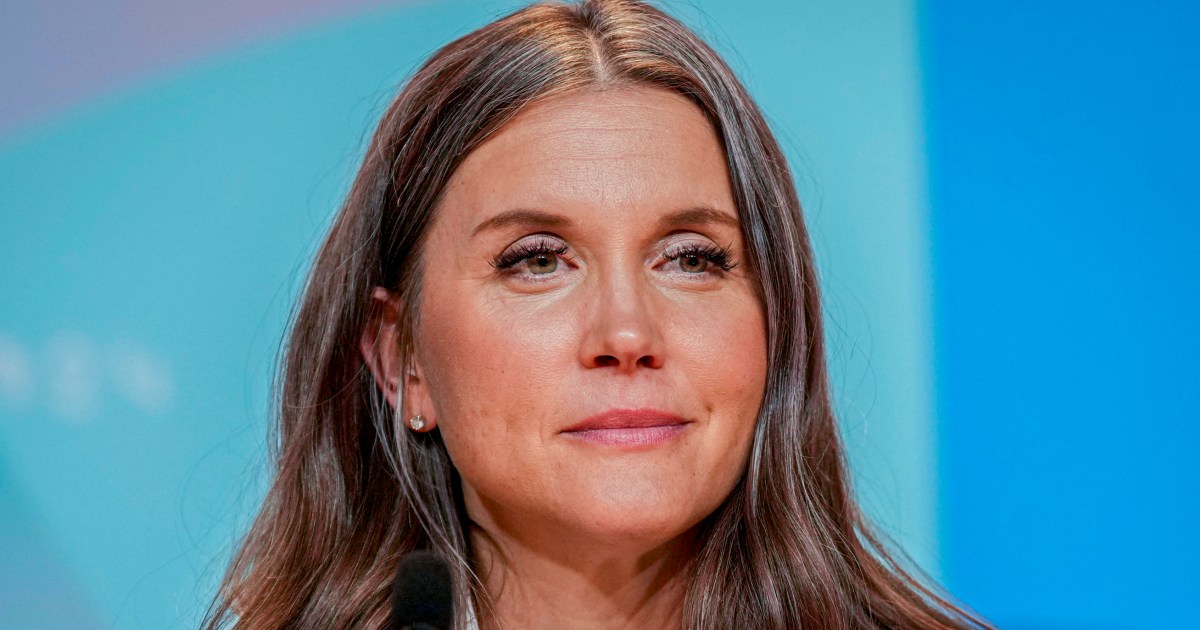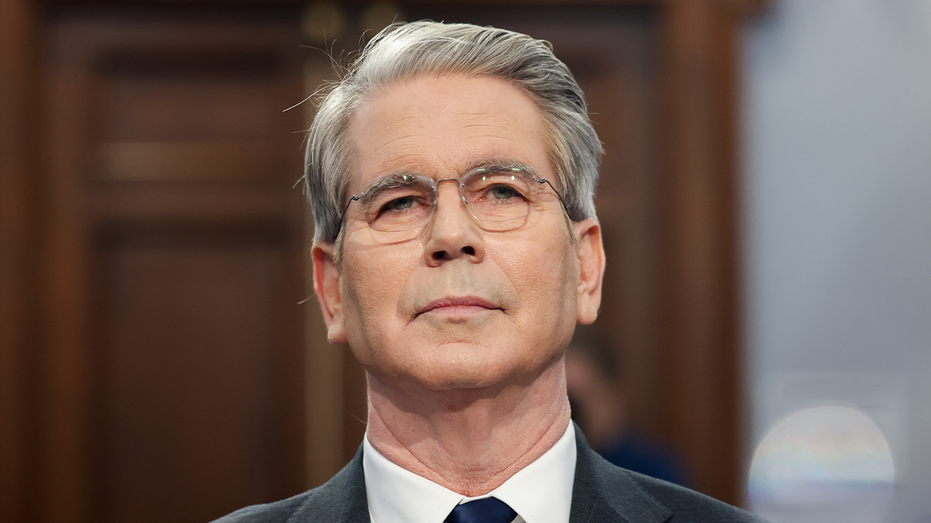President Donald Trump says he wants to usher in a manufacturing renaissance in the United States, arguing that U.S. companies and workers no longer produce goods here.
While this is an unsophisticated notion about how the global economy works, he has framed his on-again, off-again tariff scheme as one mechanism to onshore businesses and factories now located overseas. There’s ample reason for public skepticism that such a plan is achievable, especially since unpredictable White House policies are likely to discourage investments by corporations that need years and available capital to bring new plants online. The president would be better served by protecting and expanding existing manufacturing sectors, including those already employing workers in Hampton Roads and across Virginia.

Begin with shipbuilding, a stated focus of the president that earned a mention is his address to a joint session of Congress in March. The Newport News shipyard is Virginia’s largest industrial employer and the only producer of aircraft carriers for the Navy, as well as one of two places that builds nuclear submarines. There’s no question that military shipbuilding, the dominion of Newport News Shipbuilding and other yards in Hampton Roads, is essential to national security.
But the president appropriately believes that the United States needs to bolster its commercial shipbuilding as well. In his March address, he pledged to “create a new Office of Shipbuilding in the White House and offer special tax incentives to bring this industry home to America, where it belongs.” He’ll find plenty of support for such an initiative here, in a region that knows that shipbuilding jobs offer competitive pay, exceptional training, career security and an important mission.
Could shipyards in coastal Virginia be part of a shipbuilding solution, one that sees the country expand its manufacturing base and employment? It’s an area of focus and one that should draw the support of federal officials who represent the commonwealth. Those same officials, both Republican and Democratic, should be equally enthusiastic about the growing industrial base in our clean energy sector. On this, however, the White House will need convincing because the administration has already clear its opposition to green energy projects.
Hampton Roads, threatened as it is by rising seas and a changing climate, has a vested interest in the reduction of fossil fuel consumption and the greenhouse emissions it produces. That has helped make the region a destination of choice for initiatives such as Dominion Energy’s Coastal Virginia Offshore Wind project taking shape 27 miles from the Virginia Beach Oceanfront. Shortly after taking office, Trump signed an executive order that halted many clean-energy projects in the planning and development stage, putting in doubt the future of an industry that is training and employing skilled technicians for good paying jobs.
The president has been wrong-headed in his approach to energy, favoring oil, gas and coal instead of boosting a sector that could employ Americans and build projects for use at home and sold for use abroad. Trump may speak often of his contempt for windmills, but those spinning turbines would be a tremendous boost to manufacturing if allowed to continue. Sign up for Viewpoints, an opinion newsletter Finally, the president has spoken about the need to bring high-tech manufacturing back to the United States but, again, Virginia has helped lay the groundwork for precisely that.
The CHIPS and Science Act, sponsored by Virginia Sen. Mark Warner and passed by Congress in 2022 with strong bipartisan support, has already begun facilitating the return of semiconductor factories from China to the United States. In December, Warner announced that Micron Technology would receive $275 million in federal funding to expand and update its Manassas facility, creating 950 construction jobs and more than 400 manufacturing jobs.
If the CHIPS Act goes away, as the president has called for, then it will reverse the progress already evident as a result of this legislation. Predicting how the Trump administration will act from one day to the next is a fool’s errand. But if the president really wants to see American manufacturing thrive, he should accentuate sectors where it’s already happening rather than undermining them.
.
Politics

Editorial: If President Trump wants to grow manufacturing, look to Virginia

Virginia is building ships and manufacturing green-energy infrastructure. The White House should boost those sectors, not constrain them.















